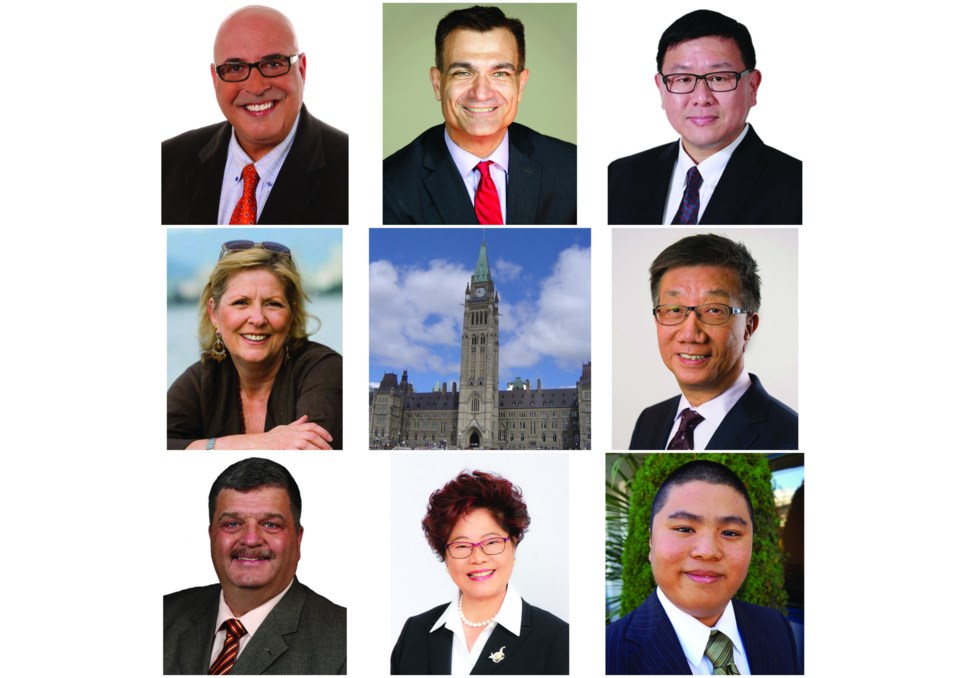Despite ideas of strategic voting and vote sharing being floated across the country, no party in Richmond is ready to give up its share of the popular vote in order to oust the ruling Conservatives.
Candidates from the Green, Liberal and New Democratic parties were asked at an all-candidates forum whether they would endorse another party. No one conceded defeat.
New Democrats maintained their party needs the fewest number of additional seats from the last election, to achieve a majority. Liberals claimed recent polls suggest they have the lead nation-wide. Greens contended people must vote according to the issues.
Notably, after the 2011 election, Prime Minister Stephen Harper terminated the per-vote subsidy that goes to each party,
Whether you vote strategically or not, single votes cast in Richmond will mean much more than they did in 2011 thanks to the redrawing of electoral boundaries to form two distinct Richmodn ridings.
The Steveston-Richmond East riding only has 70,676 eligible voters, whereas the old riding of Delta-Richmond-East had 79,831. Meanwhile, Richmond Centre riding had 84,855 eligible voters in 2011, whereas now it only has 67,734.



